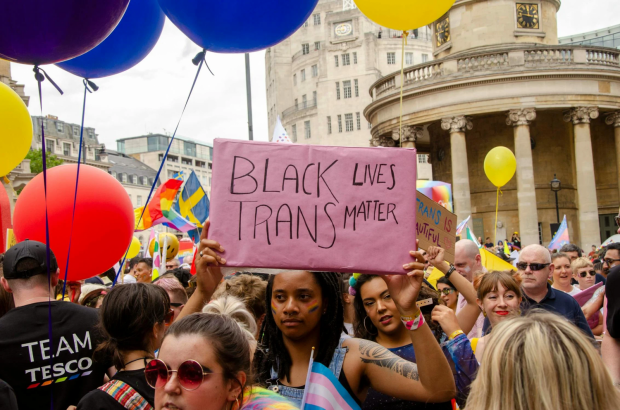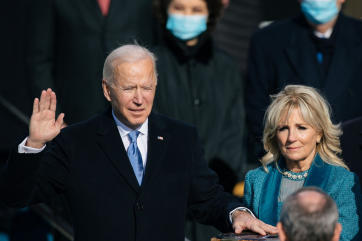Iowa House Republicans Revive Effort to Ban Diversity Programs at Public Universities
By Joy LiwanagIn a contentious move, Iowa House Republicans have revived efforts to ban diversity, equity, and inclusion (DEI) programs at the state's public universities.
This decision comes on the heels of a failed proposal and has reignited a heated debate over the role of such programs in higher education. The renewed controversy highlights the deep partisan divide on the issue and raises questions about the future of DEI efforts at Iowa's universities.

(Photo : PEXELS / Jeff Sof)
Background of the Proposal
Republican lawmakers in Iowa have been critical of DEI programs in recent years, arguing that they promote a left-wing political agenda and result in unnecessary administrative costs. Democrats, on the other hand, contend that these programs are essential for creating a more inclusive and welcoming environment for students of all backgrounds. The current proposal, Senate File 2435, aims to codify the major recommendations made by the Iowa Board of Regents, which oversees the state's public universities, following a study conducted last year.
READ MORE: Iowa State University Reacts To DEI Recommendations: Pronoun Disclosure Optional Amidst Debate
Key Provisions of the Bill
If passed, the bill would prohibit regent universities from establishing or funding DEI offices unless required by federal or state law or accreditation standards.The bill characterizes DEI as any attempt to favor or treat individuals differently based on their race, color, or ethnicity. Both chambers of the Legislature passed the bill with only Republican votes, but the House added an amendment, sending it back to the Senate for approval.
Partisan Divide and Legislative Process
The partisan divide on the issue is evident, with Republicans supporting the ban and Democrats opposing it. Rep. Carter Nordman, a Republican from Panora who leads the Education Appropriations Subcommittee, defended the bill, stating that it aligns with the regents' recommendations and aims to streamline the process. However, not all regents are in agreement. Nancy Dunkel, the only Democratic regent, condemned the suggestions, describing them as interference in political matters.
Impact on Universities and Students
If the bill becomes law, it would take effect on July 1, 2025, prohibiting universities from hiring or assigning employees to perform DEI duties. The bill also stipulates that funds previously allocated for DEI programs would be redirected to the Iowa Workforce Grant and Incentive Program, which supports students in high-demand majors. Critics argue that this move would undermine successful diversity programs and could have a negative impact on student success and campus inclusivity.
Broader Implications and Future Outlook
The debate over DEI programs in Iowa's public universities reflects larger discussions about the role of diversity initiatives in higher education. Proponents of DEI programs argue that they are essential for fostering a more inclusive and equitable academic environment. They also point to the benefits of diversity in promoting critical thinking and preparing students for a diverse workforce. However, opponents argue that these programs are divisive and promote a specific political agenda.
The renewed effort by Iowa House Republicans to ban DEI programs at the state's public universities has reignited a heated debate over the role of such programs in higher education. The proposal has highlighted the deep partisan divide on the issue and raised questions about the future of DEI efforts at Iowa's universities. As the bill progresses through the legislative process, its impact on Iowa's public universities and their students remains uncertain.
RELATED ARTICLE: Iowa House Education Committee Advances Higher Education Reform Bill








